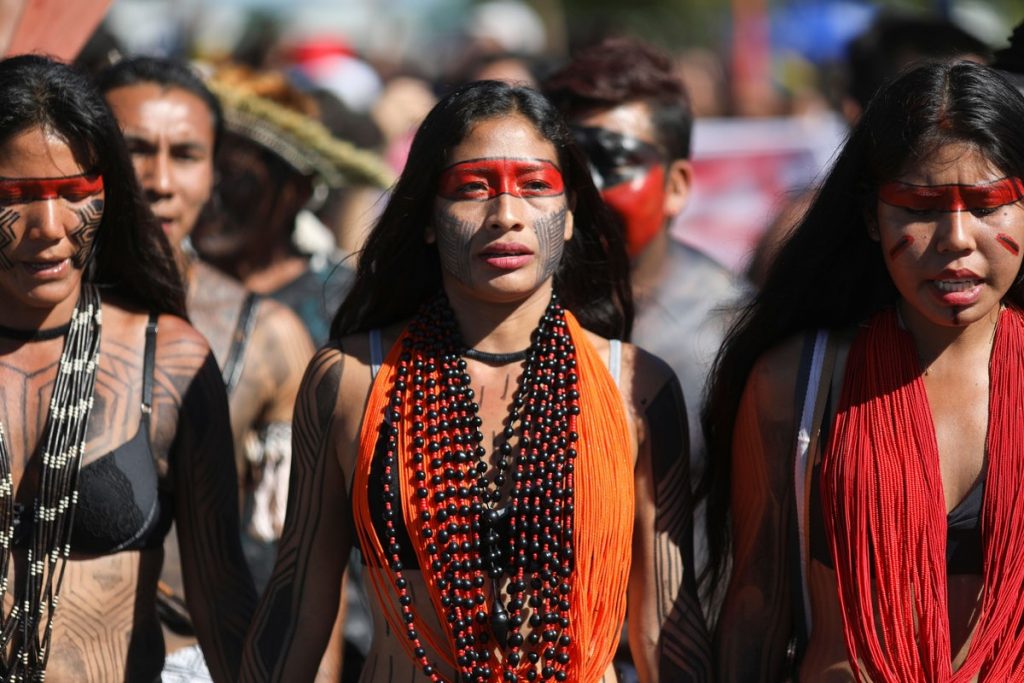
NEW YORK – On Sept. 13, the United Nations General Assembly adopted the Declaration on the Rights of Indigenous Peoples, with 143 member states voting for it and 11 abstaining. Canada, the United States, Australia and New Zealand – four countries with sizable indigenous populations with legitimate claims to large land masses – voted against the adoption.
Not sure why it took so long for this to appear in Indian Country. . .
While the declaration is not legally binding, the hope and expectation is that it will become a convention with the force of international law.
However, according to an Amnesty International report titled ”Canada and the International Protection of Human Rights: An Erosion of Leadership?” after the declaration was adopted ”Canada has gone on to claim – without any basis in international law – that states that voted against the Declaration should be exempt from the standard that it has set.”
The proposition that governments can opt out by simply voting against a declaration ”dramatically undercuts the integrity of the international human rights system. Every setback has wider impacts as well,” said Alex Neve, secretary general of Amnesty Canada. ”Millions of people around the world living the daily reality of relentless abuses of their human rights need to hear the full force of Canada’s voice on the world stage. Canada can and must do better.”
By contrast, www.nativobserver.org reported on Bolivia’s adoption of the declaration as national law. Bolivia is the first country in the world to do so.
Leave a Reply